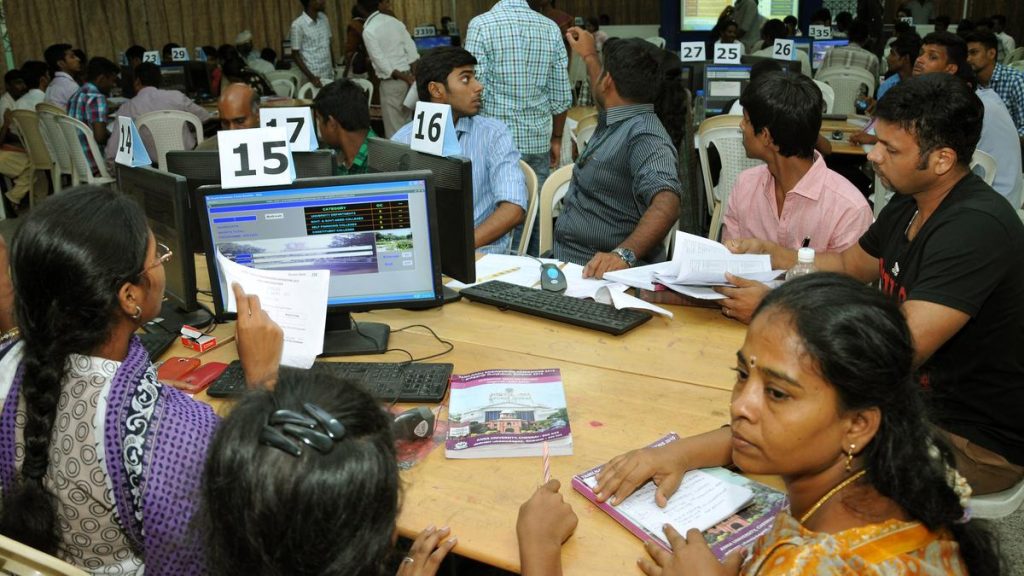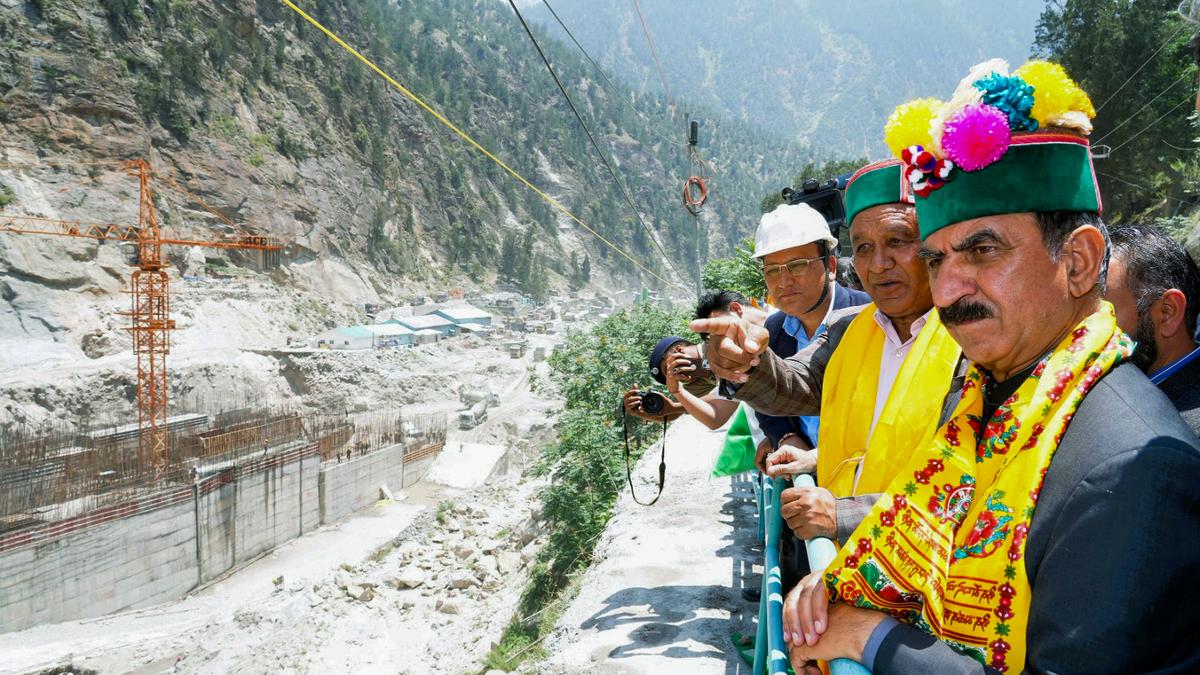Now Reading: Kerala HC Invalidates Key Provisions of Licence Test Rules
-
01
Kerala HC Invalidates Key Provisions of Licence Test Rules
Kerala HC Invalidates Key Provisions of Licence Test Rules

Rapid Summary
- Kerala High Court struck down sections of a 2024 circular issued by the Transport Commissioner for driving license tests in the state.
- Struck-down provisions include:
– Only motorcycles with leg-gear selection and engine capacity above 95 CC to be used for tests.
– Prohibition on vehicles with automatic transmission and electric vehicles for LMV (light motor vehicle) driving tests.
- Court upheld several measures aimed at improving test quality:
– Two-wheeler road tests to be conducted on roads with traffic.
– LMV ground tests including angular parking, parallel parking, zig-zag driving, and gradient testing.
– limiting daily conducted driving tests per inspector or assistant inspector to a maximum of 40.
– Qualifications specified for driving school instructors were also upheld.
- The court acted on petitions from stakeholders like All Kerala Motor Driving School, Instructors and Workers Association opposing changes in how driving license exams are conducted.
- The petitioners argued that making rules related to licensing schools falls under Union jurisdiction as per the Motor Vehicles Act, 1988. The court agreed.
Indian Opinion Analysis
The Kerala High Court’s judgment highlights its emphasis on upholding constitutional norms regarding Center-State powers under the Motor Vehicles Act while allowing room for meaningful reforms aimed at better driver evaluation standards.Striking down restrictions like excluding automatic and electric vehicles ensures inclusivity amidst evolving vehicular trends. However,maintaining rigorous test procedures grounded in practical scenarios (e.g., road traffic conditions) aligns with public safety needs.
The decision reflects balanced judicial reasoning – protecting individual access rights without compromising safety regulations while reaffirming federal boundaries between legislative domains of state and Centre governments. It could set a precedent for other states seeking similar reforms without infringing upon established legislative jurisdictions.
Read more:

























